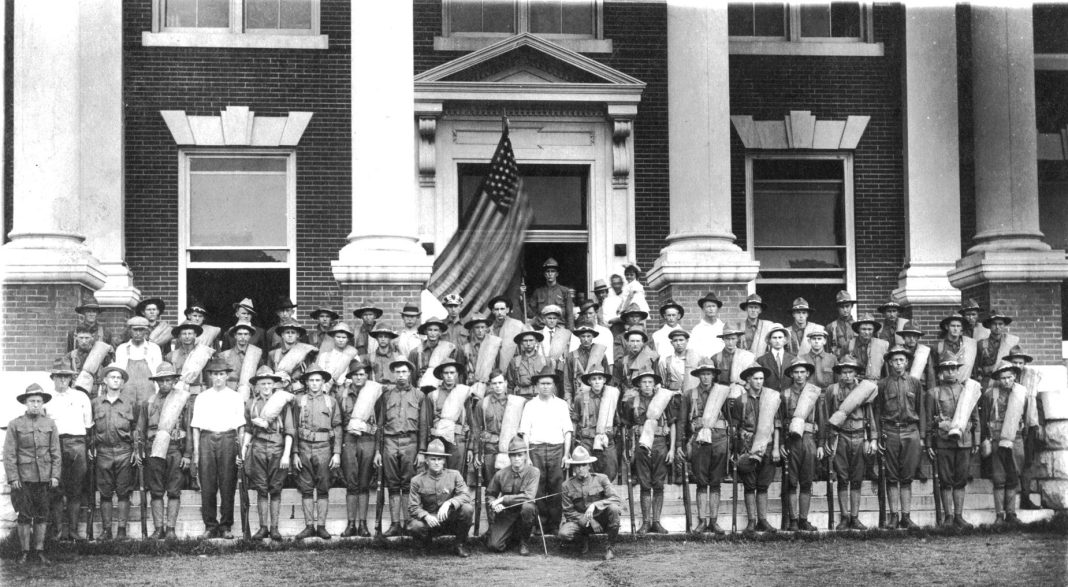By Dr. Curtis Varnell
Up the narrow defile we climbed, hand over hand in steep places, until we reached the base of the cliff. Water cascaded over a near-by outcrop of rock, dropping twenty feet into the stream below. The overhanging rock above sheltered a deep indentation into the cliff face and afforded the perfect shelter and hiding place for anyone eluding capture. The secluded area on Huckleberry mountain supplied everything needed for evading those seeking to force individuals into the draft. From the heights, one could see for miles, it had an adequate water supply, and, by constructing a small protective wall in front, it was comfortable in any kind of weather. After hours of searching, we had located the area locals identified as the WWI draft evaders hideout.
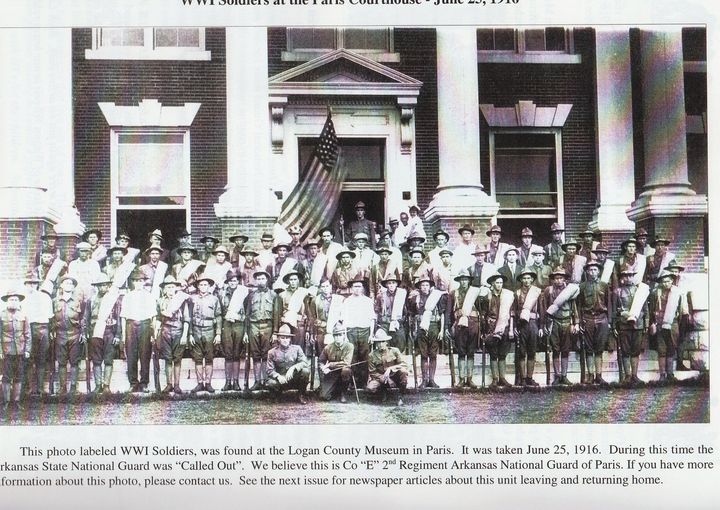
WWI was an unpopular war in many regions of the U.S. The U.S. had managed to stay out of the conflict for three long years and there seemed no real reason to become involved in a war fought between European states. Woodrow Wilson had won the most recent election by proclaiming his ability to keep us out of war but had eventually joined the fray when American shipping was attacked. Americans opposed to the war rallied support and openly expressed their feelings and frustrations. Wilson quickly passed the Alien and Sedition acts that criminalized and “disloyal, profane, scurrilous, or abusive language or acts” against the government or military.
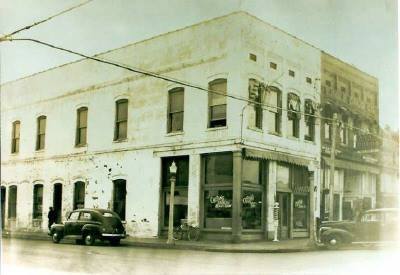
With a large German-American population, several regions of Arkansas came under scrutiny. On April 13, 1917, local officials showed up at Subiaco Abbey seeking to destroy the abbey’s radio under the pretext they were communicating with the German government. Later, in Johnson County, members of the Lutheran church were threatened by gunmen and the pastor was driven from his home. The German National Bank and Trust Company of Little Rock changed their name to the American Trust bank, a move followed by German-American banks across the state. Some Lutheran and Catholic churches began doing their worship services in English rather than German to avoid suspicion. Although unsubstantiated, mistrust developed between neighbors, sometimes resulting in violence.
According to records, 8, 732 men in Arkansas evaded the draft or deserted. Most were not German; many were not sympathetic to the Central Powers whatsoever. Ben Caughron, a dissenter from Mena probably described it best, “You can’t force mountain men. You can’t force anybody who is not afraid to die, and the mountaineers are not afraid to die.” Dozens like him refused to fight, instead choosing like ancestors during the Civil War, choosing to hideout in the mountains and hollows to avoid capture.
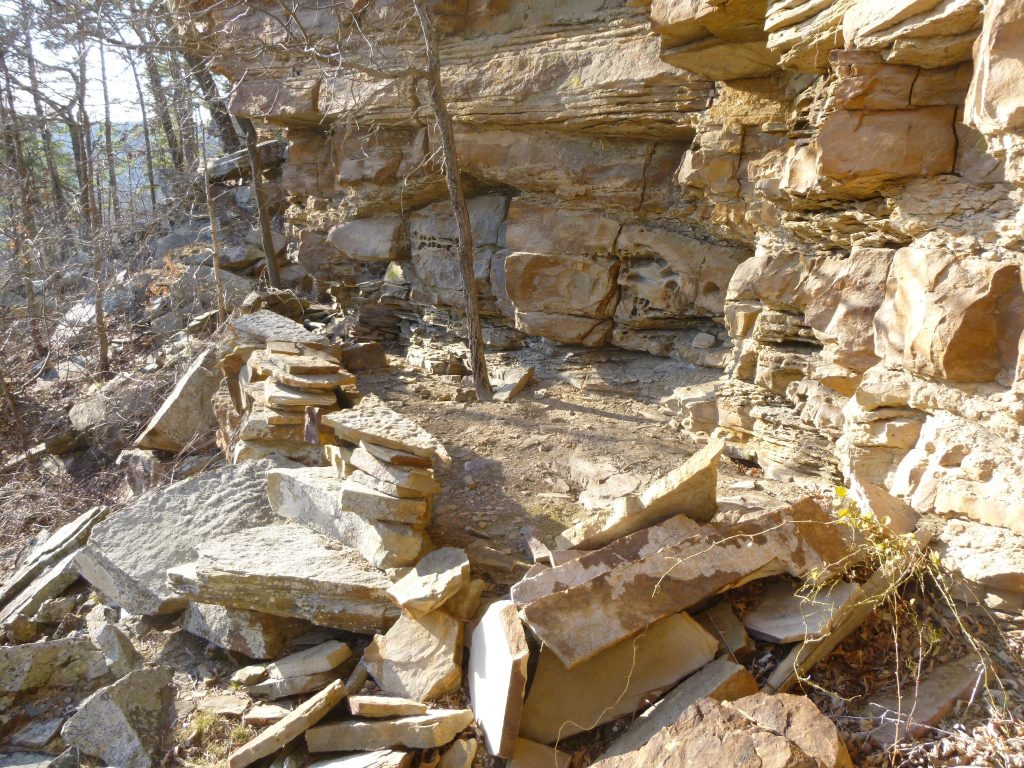
Several draft evaders clashed with county draft boards and small draft wars occurred in Polk, Logan, Johnson, and Searcy County. In August of 1918, rumors of draft evaders in Franklin County (Ozark) lead the county to selecting a posse to round up a group of men headed by a man known as J.H. Benson. Approaching Benson’s home, a gunfight ensued resulting in the death of one posse member and the injury of several others. It was later discovered that Benson was an alias for a wanted draft evader from Oklahoma by the name of Jim Scott and most of the group were his relatives. The group of draft evaders scattered but, according to reports, ammunition and weapons found in the house indicated that they were insurrectionists. A manhunt was set up to chase down the group who had fled to Logan County to hide out. Captain D. W. Rosser of the Hartman Home Guards eventually caught the last of the gang in Bear Hollow, near where the hideout described above is located. Again, according to local lore, several draft evaders were using the site to hideout and Harry Huffman, the last of Scott group was fleeing to hideout with them.
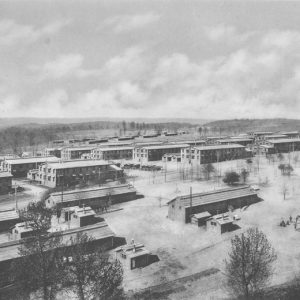
The war was soon over, the proud veterans returned to their homes having survived the terrible ravages of the first World War. The alien and sedition acts were soon forgotten, captured dissidents were released from prison, others came down from their hideaways, and America entered the “roaring twenties.” Time marches on and history is a forgotten hideaway in the middle of nowhere.

